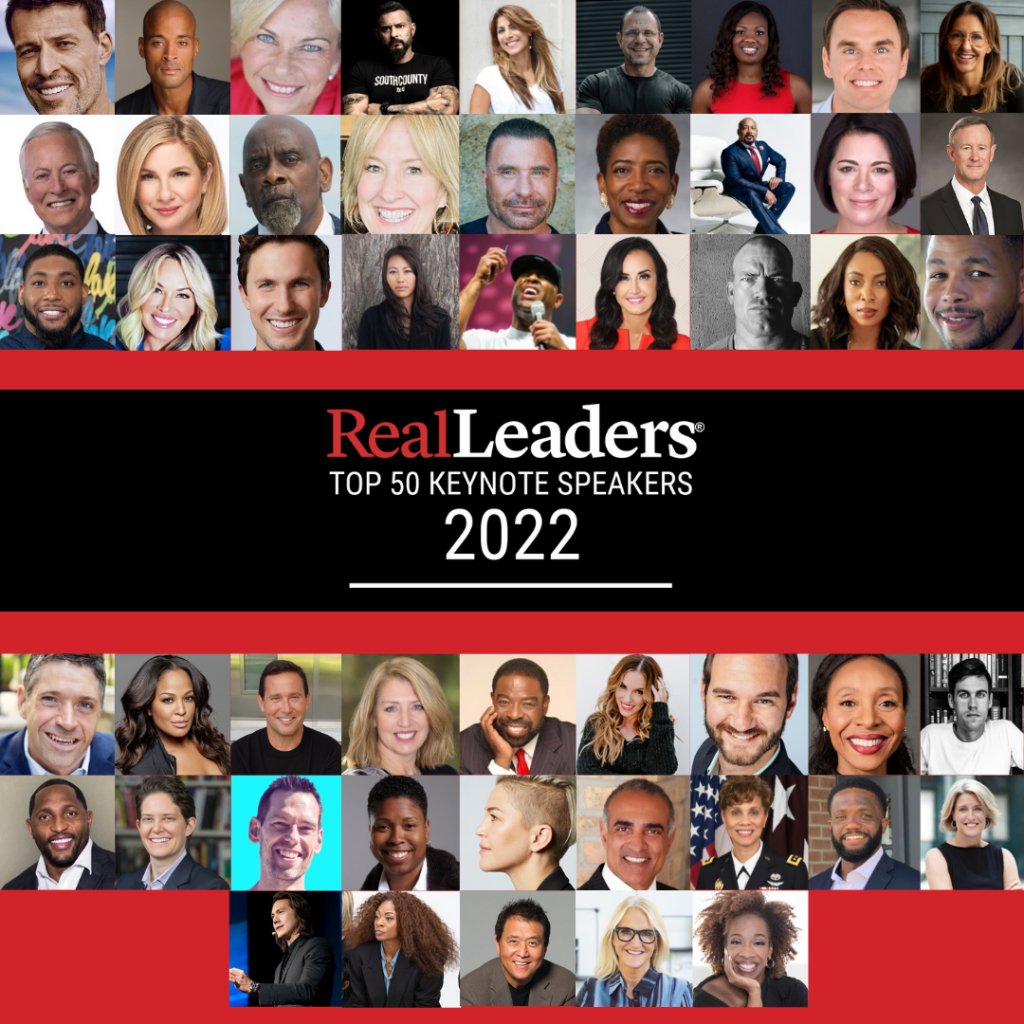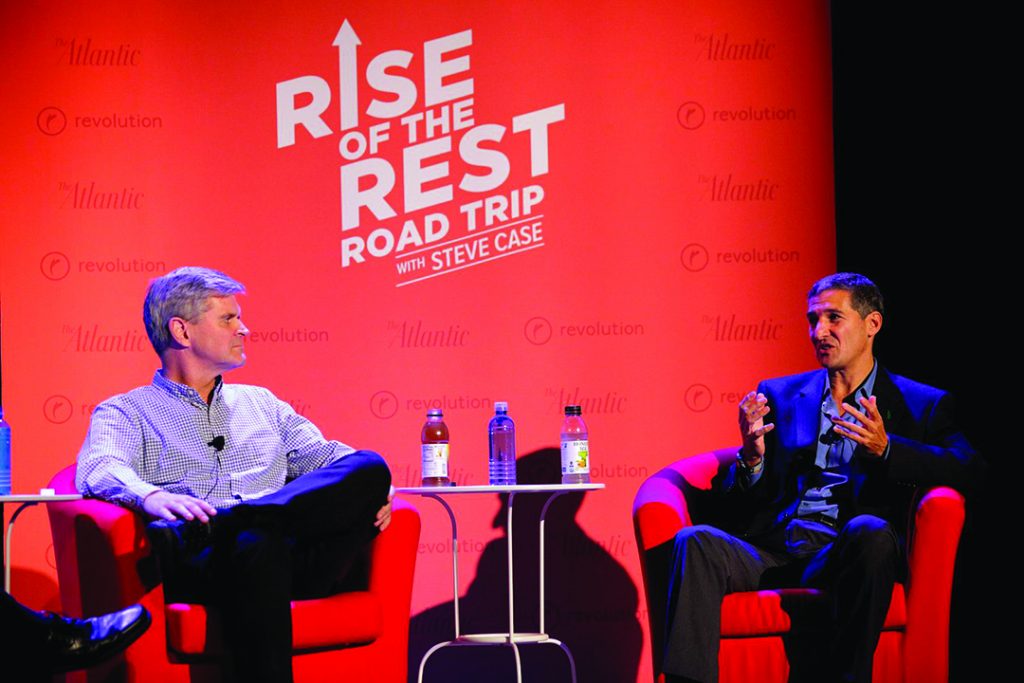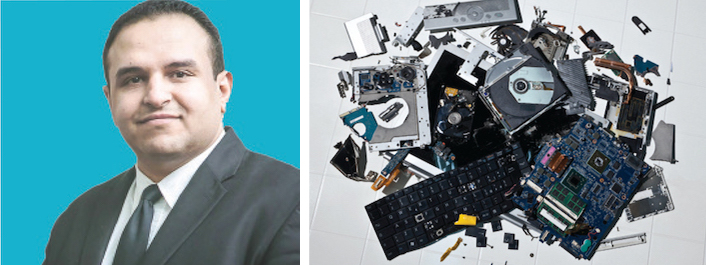Changing the Narrative on Racism

NBCUniversal News Group debuted Changing the Narrative, a 14-part digital series sponsored by the W.K. Kellogg Foundation (WKKF), on advancing racial equity through the experiences of racial healing.
The series, available now on NBCNews.com, explores the central themes of racial healing, including the progress individuals and communities can make by sharing stories and recognizing past- and present-day racism, acknowledging everyday biases, and repairing society by building inclusive relationships and transforming systems and structures. The series culminated on the seventh annual National Day of Racial Healing (Jan. 17).
Produced by NBCUniversal News Group’s Race, Equality and Justice Unit, the series follows reporters Zinhle Essamuah and Maya Eaglin, as well as Claretta Bellamy, an NBC News fellow and NBCU Academy embed working for NBC News Digital’s award-winning diversity vertical NBC BLK, as they travel the country to learn what racial healing means to different communities and how residents are changing the narrative.
The series kicks off with Buffalo, New York, where Bellamy explores how residents continue to focus on healing from the ongoing trauma brought about by the past and present, including the recent mass shooting. In Battle Creek, Michigan, Eaglin meets with Black, Latinx, and Burmese communities as they create a new multi-racial narrative of the town’s history and present-day reality through the publishing of oral histories.
While in New Orleans, Eaglin explores how communities are fighting back against dual threats: climate change, which is driving the displacement of indigenous communities, and environmental racism, which poses serious and disproportionate threats to largely African American residents. Then, Bellamy heads to Selma, Alabama, where residents share their challenges and triumphs and discuss how they are harnessing racial healing to support the next generation of entrepreneurs.
The National Day of Racial Healing’s organizers note that racial healing is a tool for celebrating our common humanity, acknowledging the truths from our shared history, and recognizing our collective potential. Through racial healing, they point out, we can forge deep, meaningful relationships; lay the groundwork to transform broken systems; and bridge the divides to transform communities for future generations.
Importance of Their Stories
We must tell stories that are representative, inclusive, and rich with the diversity of our communities because healing is at the heart of racial equity. For example, on the National Day of Racial Healing, a panel of journalists from Kansas City sat down with the Health Forward Foundation to discuss diversity, equity, and inclusion efforts.
“The picture is not always completely painted… We’re missing essential nuanced stories that people have wanted to tell,” says Vicky Diaz-Camacho, of Flatland at Kansas City PBS.
Charity Dean, president and CEO of the Metro Detroit Black Business Alliance, recently spoke at the Detroit Policy Conference and cited WKKF’s Business Case for Racial Equity in explaining why racial equity is a critical strategy for economic growth in Detroit. For instance, when Interstate Highway 375 was constructed in the city, it destroyed the Paradise Valley and Black Bottom neighborhoods and business districts, which were thriving Black communities. Now that the state and city are looking to transition the highway into a boulevard with amenities for pedestrians, Dean challenged local leaders to center racial equity in their historic opportunity to right the wrongs of the past.
The cities of Las Cruces and Albuquerque in New Mexico issued proclamations in support of advancing racial equity and healing for the National Day of Racial Healing. In addition, the Explora Science Center and Children’s Museum of Albuquerque kicked off their own two-day celebration with a town hall viewing party in the museum’s new teen center, and concluded with a teen summit on racial healing and a community event.
“Racial healing in itself is a part of changing the narrative,” says W.K. Kellogg Foundation president and CEO La June Montgomery Tabron. “It is addressing the legacy of racism and structural racism in this country but allowing people to tell their own truth about that journey.”
Subscribe today and gain a strategic advantage from the emerging trends and best leadership practices found within Real Leaders magazine.





Responses